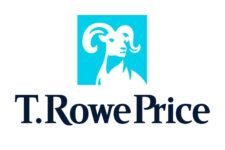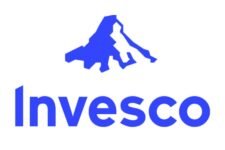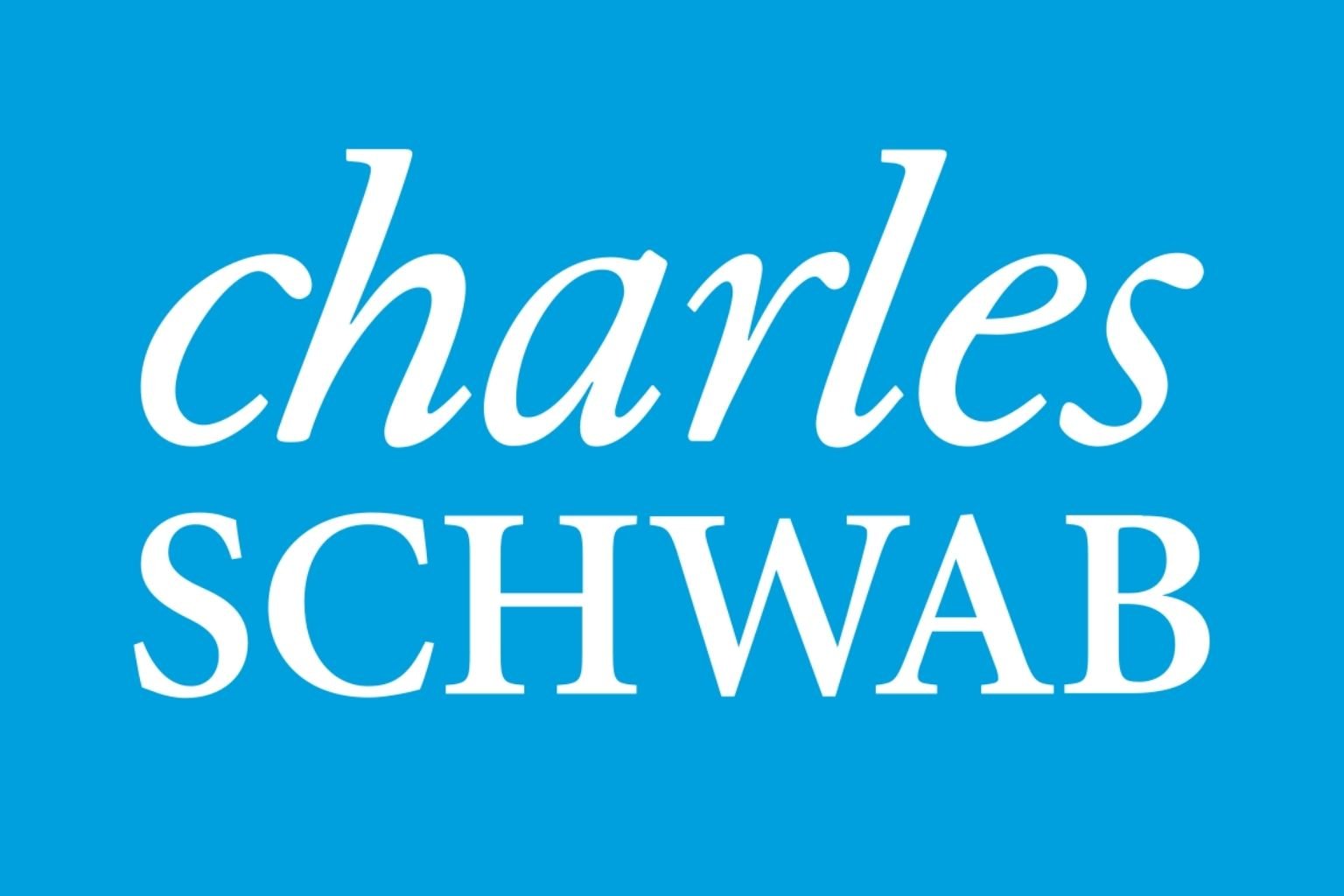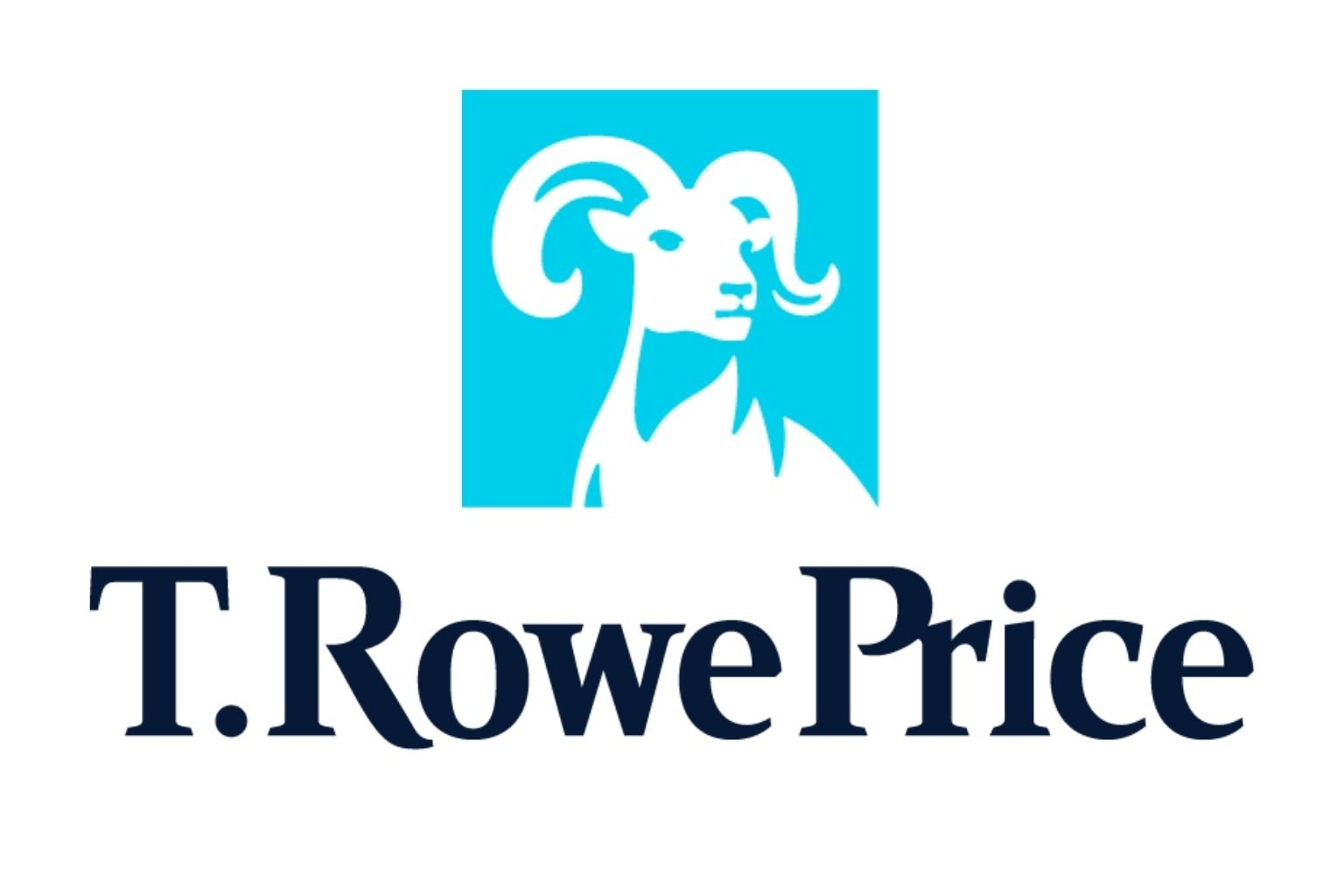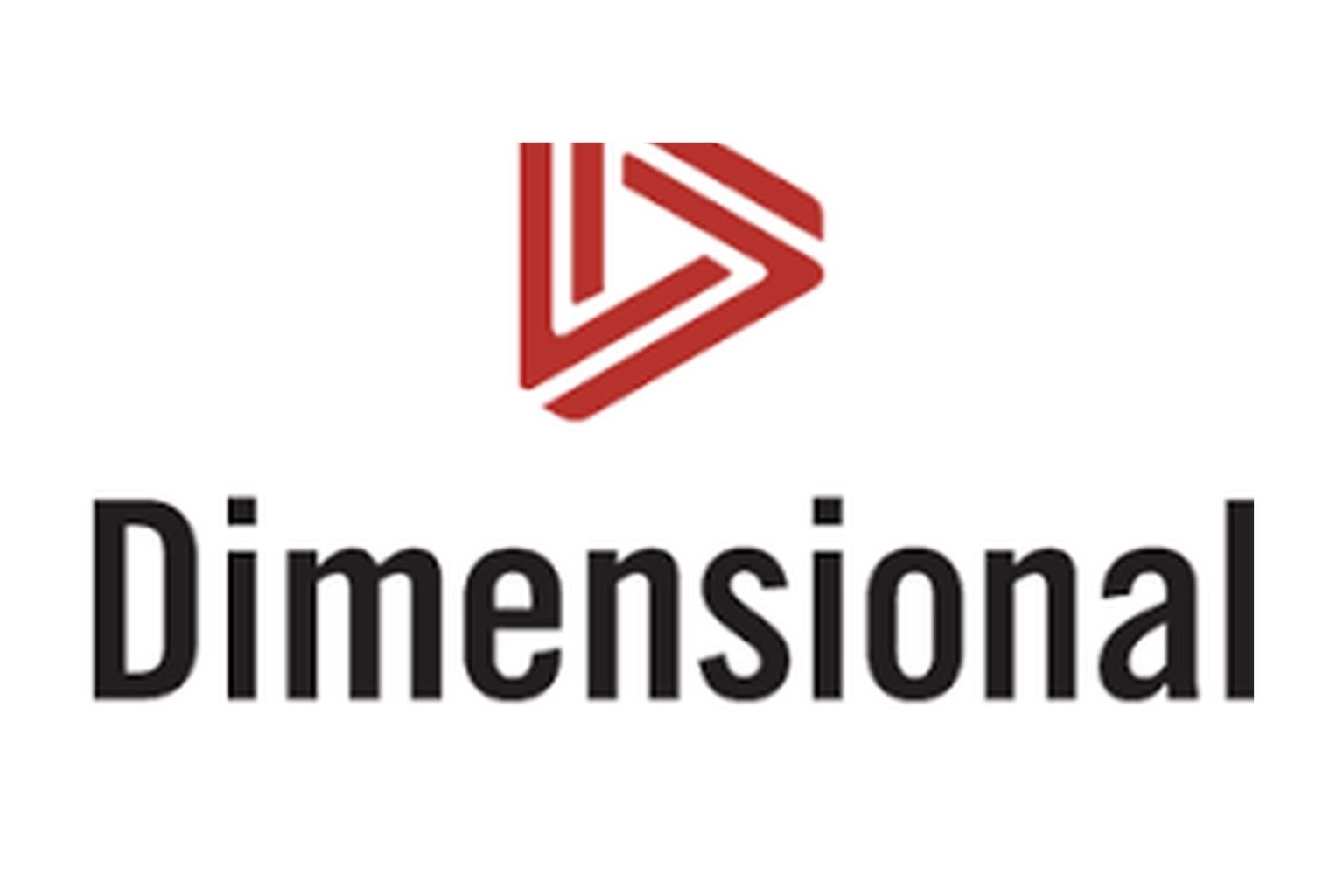
Choosing the right Mutual Funds & ETFs Providers is one of the most important decisions investors make when building long-term wealth. With markets growing more complex and investment products more diverse, having a trusted provider matters more than ever. Investors today demand transparency, ultra-low fees, reliable performance, and access to global markets. They want platforms that combine convenience with institutional-grade expertise while offering tools to analyze and optimize investment strategies.
This guide highlights the top 10 Mutual Funds & ETFs Providers shaping the market in 2025. From low-cost index fund pioneers to cutting-edge ETF innovators, each provider offers distinct advantages. Some specialize in passive indexing, while others deliver actively managed portfolios built on decades of research. This detailed review will help you make more informed decisions and identify which provider best fits your investment style.
Quick Summary
Top 10 Mutual Funds & ETFs Providers in 2025
Review for each item and
More details

Vanguard stands at the top of the industry with its investor-first philosophy and unbeatable fee structure. Known for pioneering index funds, Vanguard remains the best choice for cost-conscious long-term investors. Its mutual funds and ETFs cover virtually every major asset class, from U.S. equities to emerging markets and fixed-income instruments.
What makes Vanguard exceptional is its unique ownership structure—its investors essentially own the company. This leads to consistently low expense ratios and transparent fund management. Whether you’re building a retirement portfolio or crafting a diversified ETF mix, Vanguard’s simplicity and reliability make it a dominant force.
Open an account today and take advantage of industry-leading expense ratios.
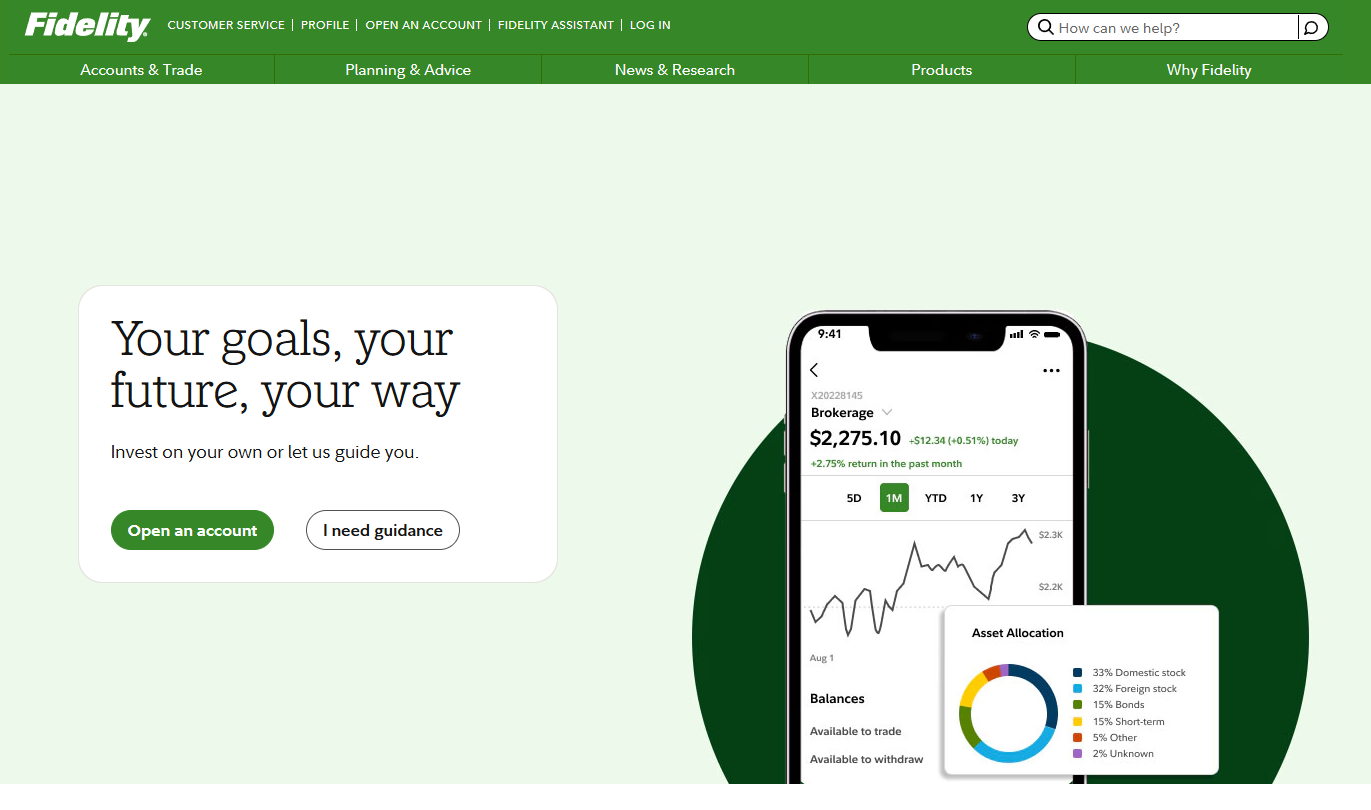
Fidelity offers a rare combination of powerful active management and zero-expense-ratio index funds. Its research environment is unparalleled, featuring advanced screeners, institutional-grade market analysis, and deep insights into fund performance.
Fidelity’s platform is ideal for investors who want flexibility. Whether you’re using free ETFs, actively managed funds, or automated investment tools, Fidelity delivers a strong overall value. Its mobile app, customer support, retirement tools, and education center are among the industry’s best.
Powerful research tools, and a world-class investment platform designed for every level of investor.

BlackRock, through iShares, remains the world’s largest ETF provider. With hundreds of ETFs spanning nearly every sector, region, and strategy, it gives investors unmatched global exposure. iShares funds are the go-to choice for institutional investors because of their deep liquidity and tight spreads.
From ESG investing to factor-based smart beta strategies, iShares leads the way in innovation. Its sophisticated analytics tools give investors detailed insights into volatility, sector exposure, and long-term risk management.
Beginner-friendly tools, and one of the most trusted investment ecosystems in the U.S.

Charles Schwab is the perfect starting point for beginner investors thanks to its free ETF trading, low-cost funds, and user-friendly interface. Schwab’s index funds are among the cheapest in the industry, maintaining exceptional stability and performance.
Schwab offers automated investing, retirement portfolio builders, and educational guides that help new investors understand how to build diversified portfolios. Its customer service and intuitive tools make Schwab one of the most accessible providers available today.
Dversify your portfolio with the world’s most liquid and institution-backed fund lineup.
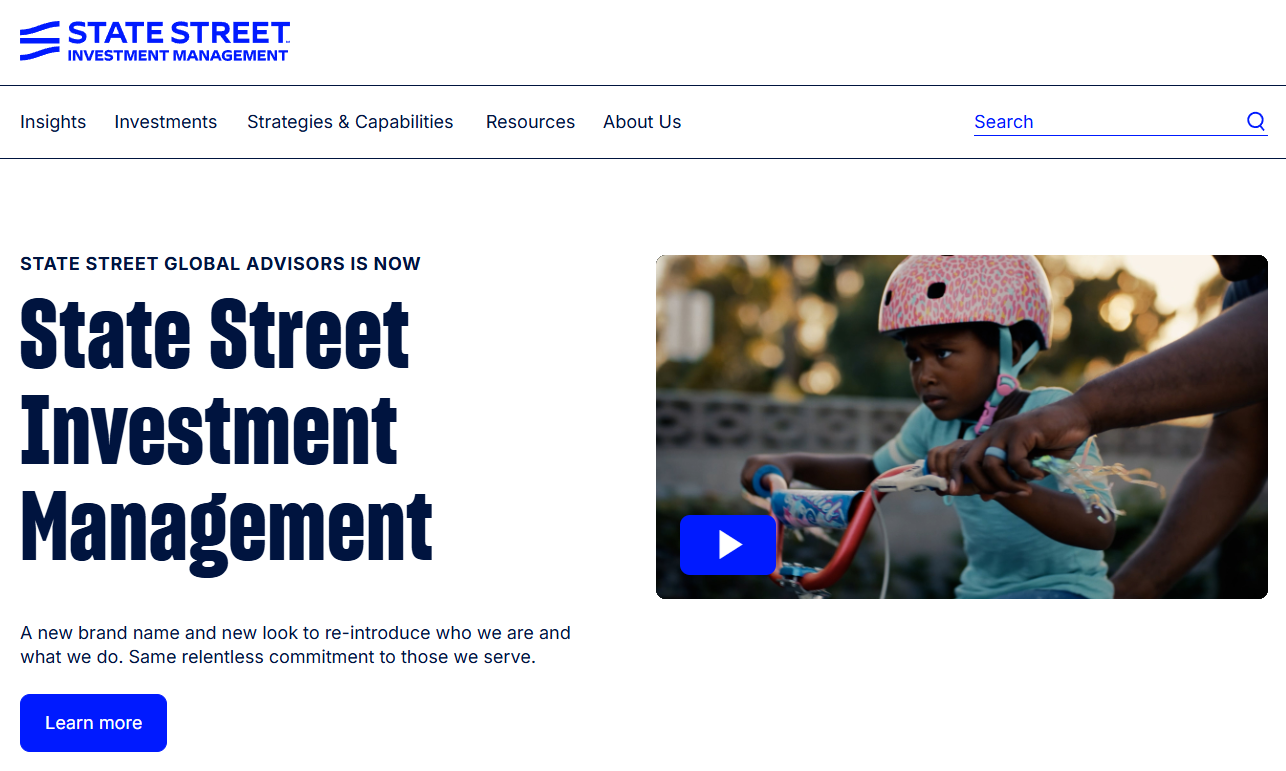
State Street’s SPDR ETF lineup is renowned worldwide, especially the iconic SPY ETF—the most traded security on the planet. SPDR funds are widely used by traders, institutions, and long-term investors because of their broad sector coverage and precise allocation strategies.
Whether you're looking at technology ETFs, financials, energy, or healthcare, State Street has highly specialized products designed for tactical asset allocation. Their research capabilities help investors navigate complex market conditions with confidence.
Get started now and invest with one of the most established ETF providers worldwide.
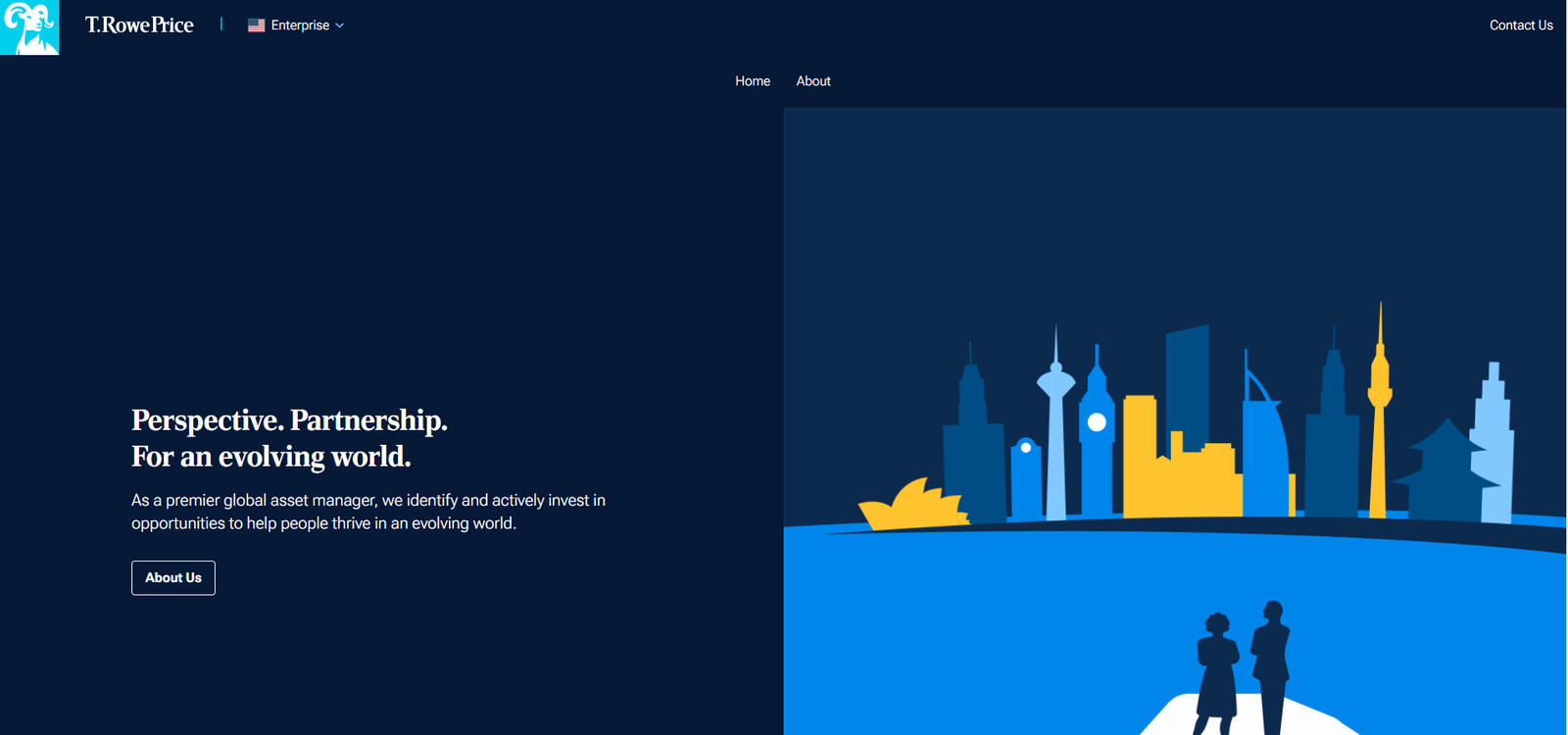
T. Rowe Price is known for disciplined, research-driven active management. Their equity, bond, and multi-asset funds have strong long-term performance backed by highly experienced fund managers.
The company excels in retirement portfolios and target-date funds, catering to investors who prefer professional oversight rather than passive indexing. While its fees are higher than ETF-focused providers, the performance often justifies the cost.
Open an account today and invest with top-tier portfolio managers.
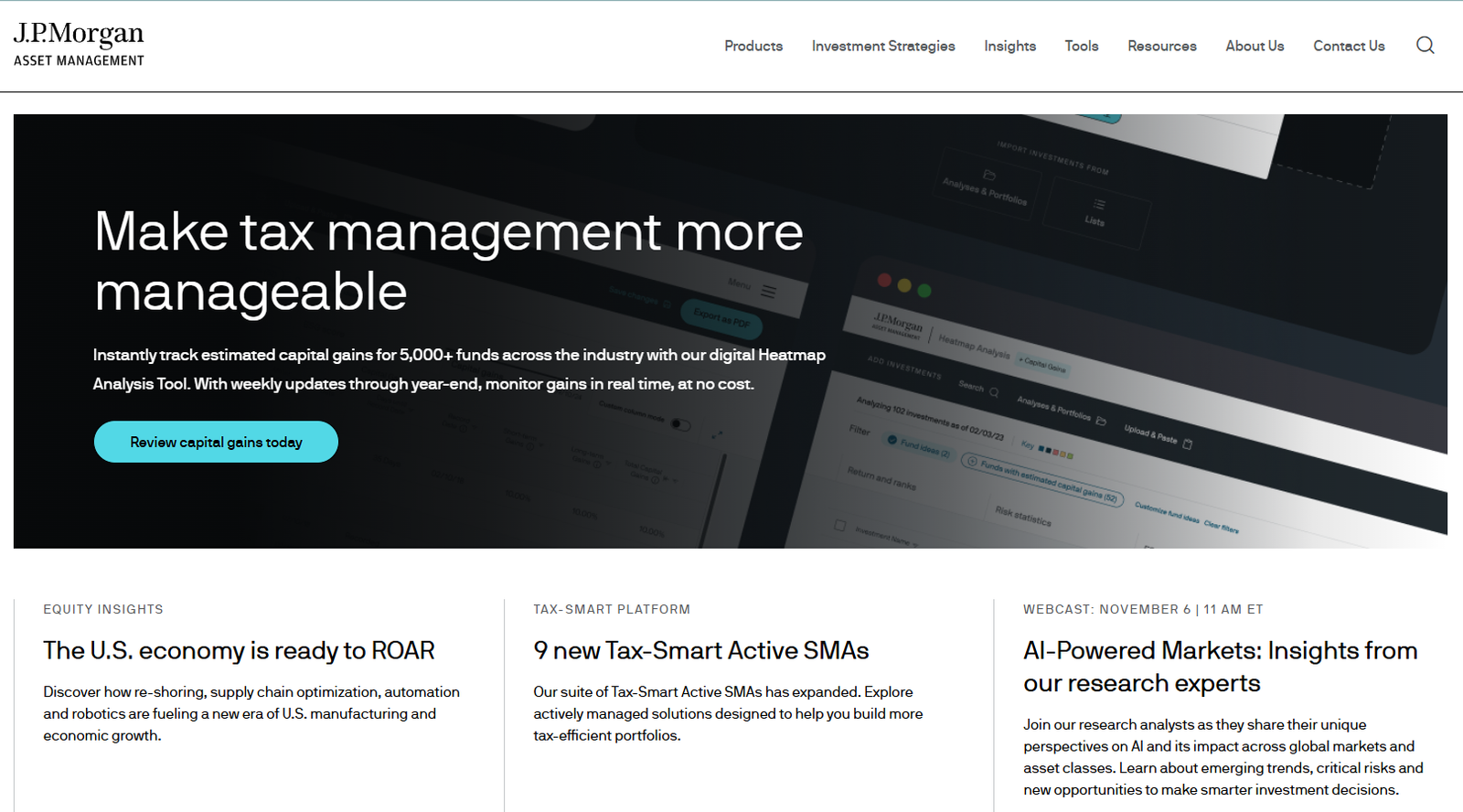
JPMorgan’s asset management division offers robust mutual funds and ETFs that combine institutional research with retail accessibility. Their SmartRetirement series, income funds, and multi-asset strategies are particularly well-regarded.
Investors who want an advanced risk-managed approach will appreciate JPMorgan’s structured research ecosystem, which includes global insights, market commentary, and professionally managed model portfolios.
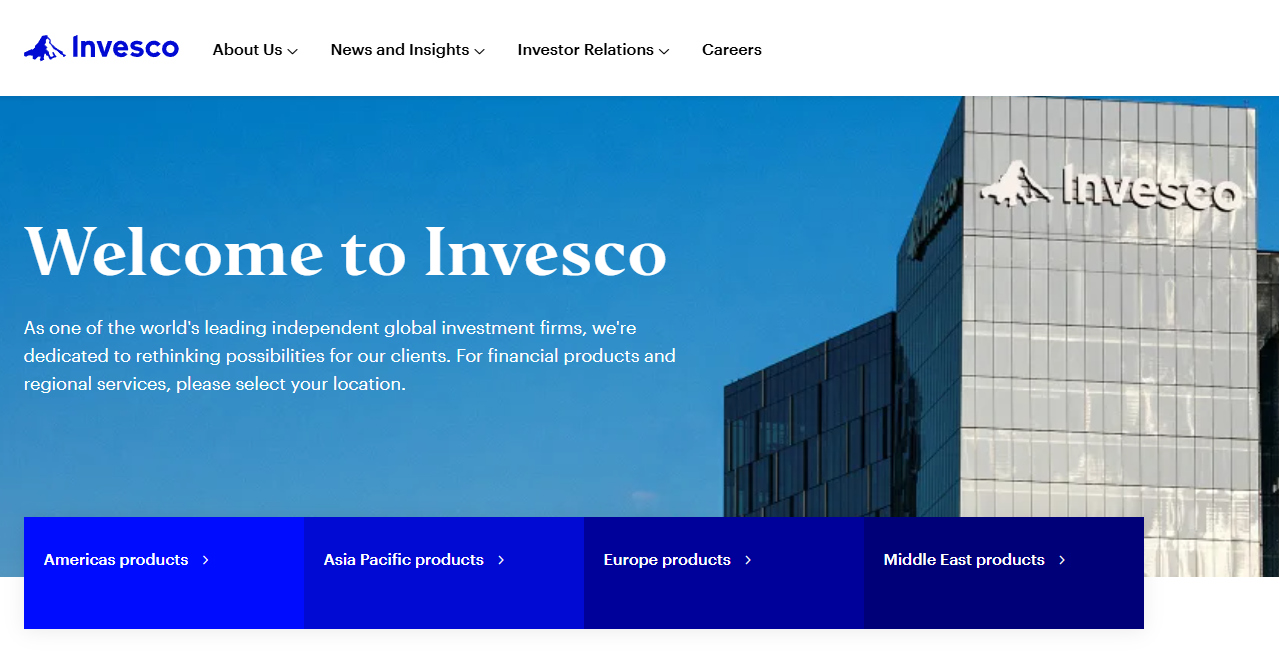
Invesco stands out with its thematic and smart beta ETF lineup. The legendary Invesco QQQ ETF remains one of the most popular ways to access Nasdaq’s top 100 companies, including tech giants driving modern innovation.
Invesco’s smart factor ETFs apply quantitative models to outperform traditional indexing. Its thematic approach—covering AI, clean energy, cloud computing, and more—makes it attractive for investors seeking long-term innovation exposure.
Open your Invesco account now and target high-growth opportunities.

Franklin Templeton has unmatched expertise in emerging markets and global diversification. With research teams located worldwide, the company delivers deep analysis across foreign equities and fixed-income opportunities.
Their ETFs and mutual funds are ideal for investors who want to go beyond U.S. markets and take advantage of global expansion, particularly in regions like Asia-Pacific, Latin America, and frontier markets.
Start your journey toward disciplined, long-term portfolio growth.

DFA uses academic research to build portfolios based on factors like size, value, and profitability. Their strategies sit between passive and active investing, offering rules-based frameworks proven through decades of research.
Traditionally available only through advisors, DFA has expanded its ETF lineup so individual investors can access its strategies. The funds are known for low turnover, consistency, and high risk-adjusted returns.
Open an account today and invest with fixed-income specialists.
What Are Mutual Funds & ETFs Providers?
Mutual funds and ETFs providers are financial institutions that create, manage, and distribute investment funds. These organizations design investment products that pool money from individuals and institutions, then allocate capital across a defined set of assets such as stocks, bonds, commodities, or sectors. Their responsibility includes portfolio construction, research, risk management, and overall fund performance.
While mutual funds are typically priced once per day and actively managed, ETFs trade on exchanges throughout the day and are often passive or index-based. Providers supply the underlying structure, strategy, and ongoing maintenance that make these investment products accessible to the public.
Why Choosing the Right Provider Matters
Your choice of provider influences fees, long-term returns, diversification quality, and portfolio stability. Different providers offer different specialties:
✅ Low-cost index investing
✅ Actively managed performance strategies
✅ Global market access
✅ Sector-specific or thematic funds
✅ Advanced analytics and research tools
Choosing wisely ensures you’re not overpaying for management, missing diversification opportunities, or investing in funds with inconsistent performance.
Additional Insights: Trends in Mutual Funds & ETFs for 2025
The investment landscape is changing rapidly due to technology, automated management, and global expansion. Several trends are reshaping the role of Mutual Funds & ETFs Providers:
✅ 1. Ultra-Low Expense Ratios
Competition is pushing costs down across every major asset class, creating a more investor-friendly environment.
✅ 2. Thematic Investing
Providers are launching funds dedicated to disruptive technologies like AI, robotics, green energy, and biotechnology.
✅ 3. Sustainable Investing (ESG)
Demand for ESG-focused funds continues to rise as investors prioritize environmental and ethical factors.
✅ 4. Factor Strategies
Smart beta strategies blend the benefits of indexing with quantitative models designed to outperform benchmarks.
✅ 5. Global Diversification
Emerging markets ETFs are gaining popularity due to rapid economic growth outside the U.S.
Conclusion
Choosing among the top Mutual Funds & ETFs Providers is essential for building a diversified, cost-efficient, and long-term investment portfolio. Whether you prefer Vanguard’s low-cost index funds, Fidelity’s research-driven environment, or BlackRock’s global ETF dominance, there is a provider suited to every investment style.
Your provider determines your fees, long-term returns, and the overall quality of your investment journey. Evaluating your goals—income, growth, diversification, or retirement—will help you select the provider that aligns best with your financial ambitions.
Frequently Asked Questions (FAQs)
1. Which Mutual Funds & ETFs Provider is the best overall?
Vanguard remains the best overall due to its low fees and broad market coverage.
2. Which provider has the best ETFs for global diversification?
BlackRock’s iShares offers the most extensive global ETF lineup.
3. What is the best provider for beginners?
Charles Schwab offers a simple platform, low-cost funds, and excellent educational tools.
4. Which provider specializes in actively managed funds?
T. Rowe Price is known for its research-driven active management approach.
5. Are ETFs better than mutual funds?
ETFs offer intraday liquidity and lower fees, while mutual funds offer structured professional management. The best choice depends on your investment strategy.






